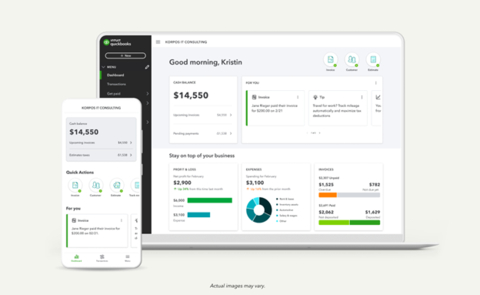Maybe. But…
Yes, bookkeepers commonly handle accounts payable (AP) tasks. Accounts payable is a critical aspect of a company’s financial operations that involves managing and recording the money a business owes to its suppliers or vendors for goods or services received. Bookkeepers are often responsible for a range of financial activities, and accounts payable is among the key duties they perform.
Typical accounts payable tasks that bookkeepers handle include:
- Recording Invoices: Bookkeepers enter and record all incoming invoices from vendors or suppliers into the accounting system.
- Verifying and Reconciling Bills: They verify that the billed amounts are accurate and that the services or products have been received before making payments. Reconciling involves matching invoices with purchase orders and receipts.
- Payment Processing: Bookkeepers prepare payments to vendors within agreed-upon terms, whether it’s by issuing checks, initiating electronic transfers, or utilizing other payment methods.
- Managing Vendor Relationships: They maintain communication with vendors regarding payments, handling inquiries, and addressing discrepancies or issues.
- Aging Reports and Analysis: Bookkeepers track the company’s accounts payable aging, analyzing outstanding balances and managing cash flow.
- Periodic Reporting: They generate reports related to accounts payable for internal use and financial analysis.
For larger businesses, the accounts payable process might involve several stages and departments, but in many small to medium-sized businesses, these tasks are often handled by a bookkeeper or accounting professional.
Having a skilled bookkeeper managing accounts payable is crucial for maintaining accurate financial records, ensuring timely payments, and preserving good relationships with suppliers. It helps the business to effectively manage cash flow, avoid late fees, and take advantage of early payment discounts when available.
Ultimately, the bookkeeper’s role in handling accounts payable is essential for maintaining the financial health of the company, ensuring that the business operates smoothly and efficiently in its financial dealings.
Preventing theft by accounts payable staff is crucial for the financial integrity of a small business. Implementing safeguards and best practices can significantly reduce the risk of fraud or theft. Here are several measures a small business owner can consider:
- Segregation of Duties: Implement a system of checks and balances by separating responsibilities within the accounts payable process. For instance, the employee who processes payments should not be the same person who approves invoices or reconciles accounts.
- Regular Reconciliation and Oversight: Conduct regular and thorough reconciliations of accounts. Review and analyze financial transactions, invoices, and payments. This oversight can help identify irregularities or discrepancies.





